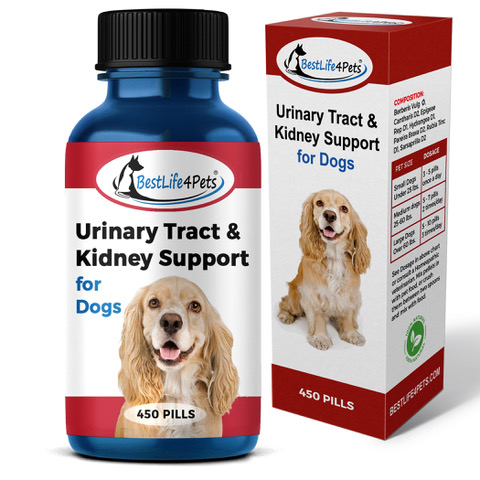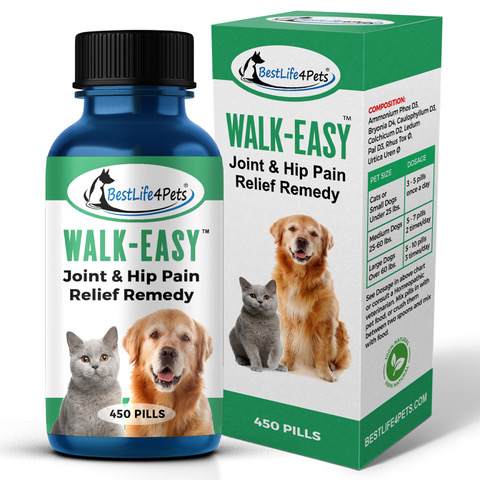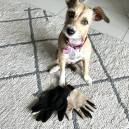HOW TO CARE FOR AND ENJOY YOUR OLDER DOG
June 23, 2020 • Health & Wellness • Product Reviews •
By Viktoria Van Leeuwen
One day you are out for a walk with Fido and you notice that they’re lagging behind, not chasing that squirrel, or running after the ball as much as before. As your dog gets older and possibly becomes less mobile, it's time to take preventative measures to keep them healthy, happy and active.
Just like us, as dogs get older, they become more susceptible to certain illnesses and ailments that you need to be aware of. Knowing the early signs, symptoms and things to watch out for can give you the edge you need to be able to make sure that Fido gets the necessary help early on, and possibly lessen or even prevent bigger problems in the future.
Although some breeds are more susceptible to certain diseases than others, the following are some of the most commonly diagnosed illnesses known to affect older dogs in general.
Here is an overview of ones that you and your vet should be keeping an eye out for:
• Nutritional Concerns
Keeping your dog's weight in the optimal weight is very important, especially for a geriatric dog. An overweight dog has many more health issues such as joint problems, arthritis, diabetes, and liver or kidney dysfunctions. Reduce the number of treats given to your pet and ensure that he is well hydrated.
• Dental Disease
Dental disease and gingivitis (inflammation of the gums) is common in older dogs. Untreated dental disease could lead to tooth loss, and possibly spread the infection to the rest of the body so continue to brush your dog’s teeth and follow up with regular dental checkups.
• Bladder and Kidney Disease
Dogs of all ages can get urinary infections resulting in involuntary leakage that may also lead to bladder problems, kidney stones and even kidney disease. Dоg kіdnеу fаіlurе ѕуmрtоmѕ саn bе dіffісult tо recognize, аѕ thеу can mіmіс thоѕе оf оthеr urіnаrу trасt рrоblеmѕ. While urinary infections can be cleared up with natural UTI treatments and supplements, serious kidney issues need to be checked out by a vet.

• Arthritis
Degenerative joint disease, also known as arthritis, is another very common issue affecting aging dogs. Signs of arthritis include difficulty rising, trouble climbing stairs, or being restless at nights. Despite them slowing down, you should continue to take your dog out for regular walks and exercise to keep the joints limber. There are also many anti-inflammatory remedies that may improve your pet’s quality of life and comfort level.

• Eye Disorders
Just as some people, dogs can get glaucoma and cataracts. Dry eye is also a common problem affecting older dogs, especially small dogs that have bulging eyes. If your pup is having problems seeing, get them checked out by a vet.
Getting regular vet checkups helps give your fur baby a long and happy life. And just because your dog is starting to slow down, does not mean that you need to stop doing the activities you both love and enjoy. An older dog can still enjoy going for walks, playing with other dogs and checking out new places and smells. They may be less active, but their love and affection for you does not diminish with time.








